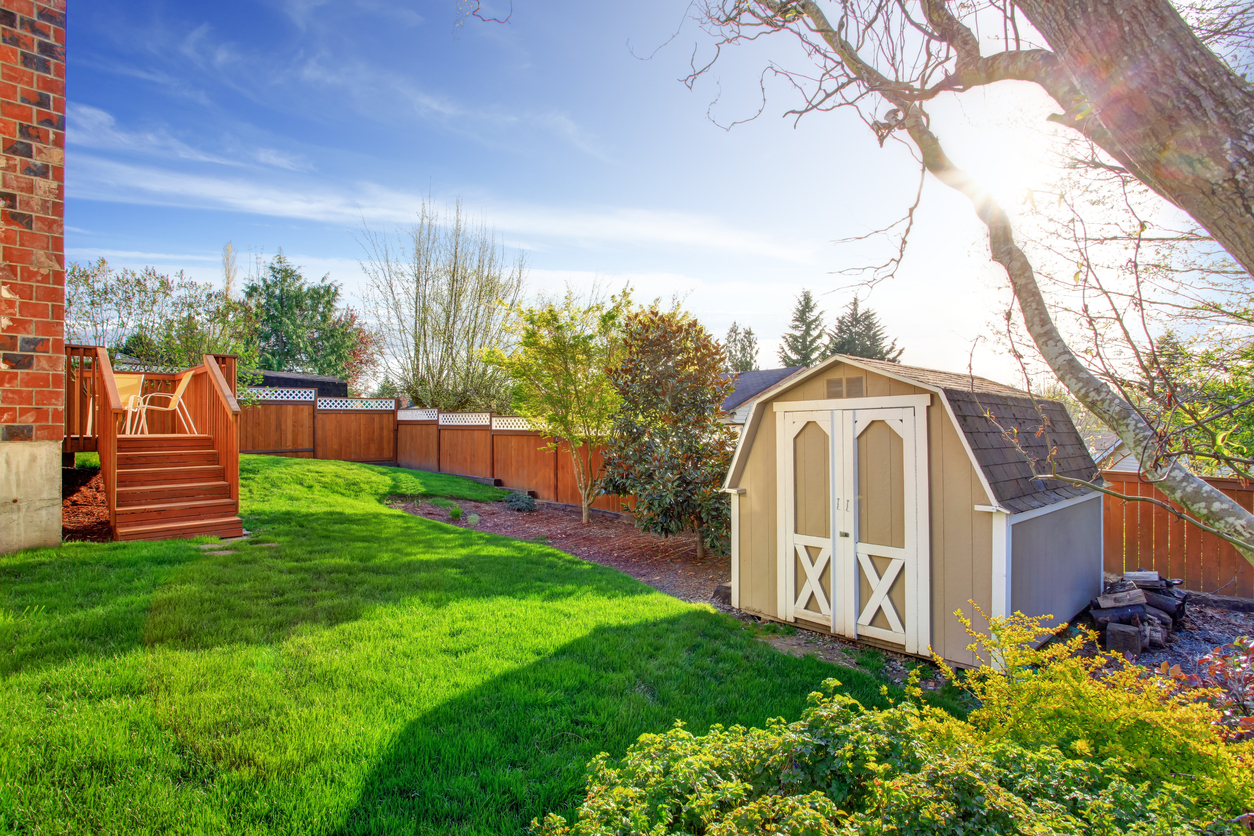
Your shed can be an easy target for thieves since you typically store things like gardening tools and equipment, bicycles, and other valuable items. Because of this, it’s important that not only does your homeowners insurance cover your shed, but that you have an adequate amount of coverage. Keep in mind that not every homeowner’s insurance policy is the same. Even though many are similar, yours will probably be different than your friends, neighbors, or co-workers. Below are some tips to confirm if your backyard shed is covered by your homeowner’s insurance.
Read your Policy
This should be an obvious, but to confirm your homeowners policy covers your shed, read your policy. If you’re still not sure after you have read your policy thoroughly, call your insurance agent and ask.
Types of Content you are Storing
There are certain items you probably wouldn’t want to store in your shed anyway, but you still should consider which perils are covered under your policy. For instance, gardening tools and lawn mowers are probably better items to store in your shed than clothes and other personal belongings that could get damaged from moisture and humidity or insects that your insurance probably wouldn’t cover.
Understand your Limits
Most insurance companies impose a ‘single article limit’ where there is a limited amount they will pay for replacing a certain item, no matter where you keep it. Keep that in mind when storing expensive items, like a commercial grade generator or a pricey $5,000 golf club set — you may not get the full value of them back if you have to replace them. As always, talk to your insurance agent about these expensive belongings.
Types of Coverage
Even though most homeowners insurance policies cover things like vandalism, fire, smoke, theft and storm damage, other eventualities may or may not be covered. Therefore, you should go over your policy to see what you are covered for exactly. For instance, flood damage is typically not covered in most homeowners policies, and you’re need a separate flood insurance policy for coverage.
Although your homeowners policy will most likely cover your shed, it’s always a good idea to inform your insurance company that you have one and would like it included in your coverage. Some insurance providers require you to tell them about auxiliary buildings and if you don’t, you they may not cover them. However, most homeowners insurance policies automatically cover structures on your property like detached garages, gazebos, and sheds that are not attached to your house.
If you just built a new shed or are having one installed on your property, contact us at bolt insurance Agency to learn about your coverage.